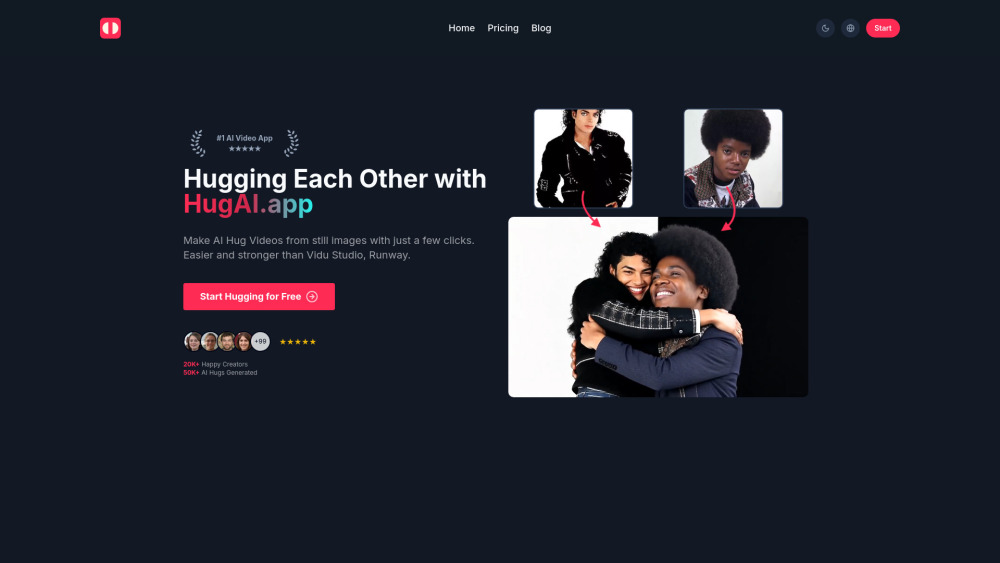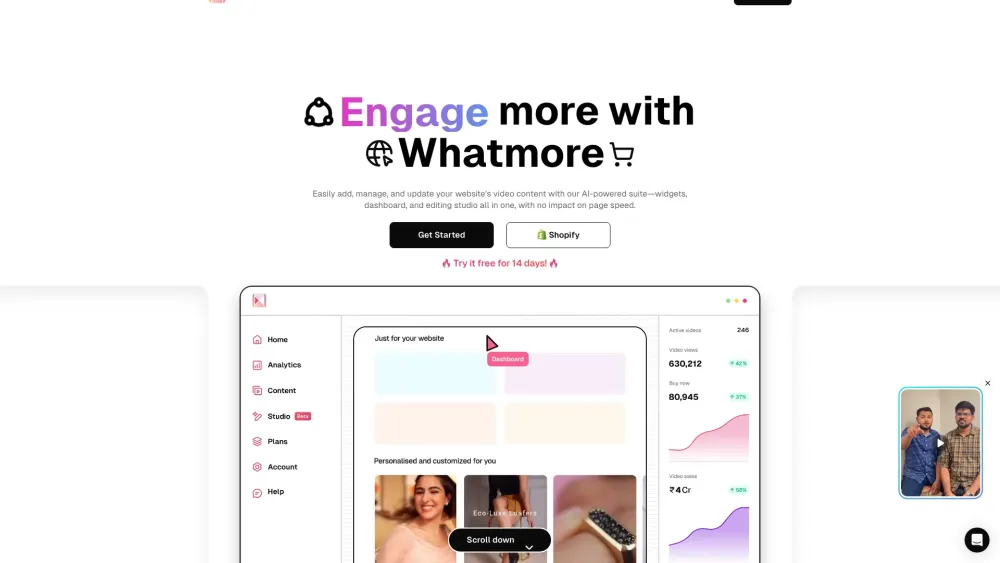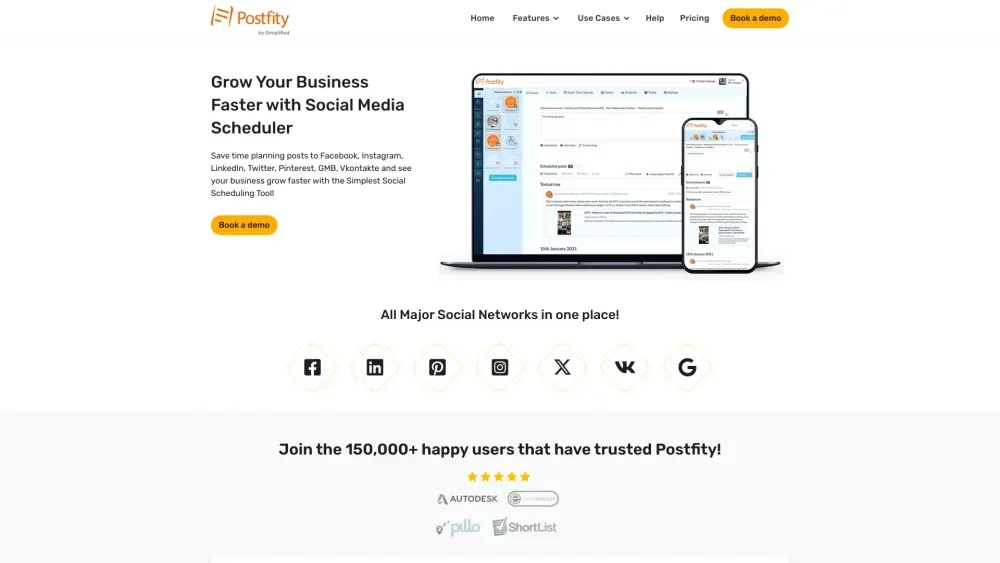On June 11, 2024, the eagerly anticipated Apple WWDC 2024 commenced with a 120-minute keynote presentation, during which significant updates for iOS, macOS, iPadOS, visionOS, and watchOS were announced. The final 45 minutes featured Apple CEO Tim Cook, who unveiled "Apple Intelligence," redefining the concept of Artificial Intelligence. However, many attendees felt the AI capabilities demonstrated fell short of expectations.
The market responded quickly, with Apple's stock dropping approximately 2% on the same day. Industry analyst Ming-Chi Kuo noted that Apple offered no groundbreaking advancements, raising concerns about the potential upgrade cycle for the new iPhone and its operating systems.
Adding further controversy, Elon Musk, former CEO of Twitter and a prominent tech entrepreneur, criticized Apple’s collaboration with OpenAI in a series of tweets. He claimed that integrating ChatGPT could infringe on user privacy. Musk warned that if Apple implemented OpenAI's technology at a system level, his company would restrict the use of Apple devices at its locations, requiring visitors to leave devices secured to prevent signal access.
Musk's Critique of Apple's AI Strategy
Musk's tweets conveyed skepticism toward Apple's AI capabilities, suggesting the company was too dependent on OpenAI for issues related to safety and privacy. He humorously depicted "Apple Intelligence," comparing its development process to a coconut water supply chain. His initial critiques were followed by satirical observations, drawing parallels to specific scenarios in the U.S. and showcasing his knack for humor in criticism.
Defending User Privacy or Serving Self-Interests?
While Musk's remarks challenged Apple's AI efforts and its commitment to user privacy, it remains uncertain whether his intentions are solely to protect Apple users or if he has broader self-interests. The partnership between Apple and OpenAI raises valid concerns over data security, as any breaches could lead to substantial legal repercussions, including potential penalties in the tens of billions.
Musk's relationship with OpenAI is complex; he was an early co-founder but left its board in 2018 due to strategic differences. Since the dramatic rise of ChatGPT, Musk has become vocally critical of OpenAI, launching xAI in 2023 to offer an alternative.
A Competitive Challenge to Musk’s AI Ventures
Apple's engagement with OpenAI is a significant challenge for Musk’s own AI initiatives. With its vast data resources, extensive user community, and rich ecosystem, Apple has the potential to rapidly enhance OpenAI's objectives. In contrast, Musk’s AI ventures—such as X, formerly Twitter, valued at $42 billion, and Tesla, valued at over $500 billion—do not compare in scale to Apple’s reach.
Musk's latest project, xAI, secured $6 billion in funding and features a chatbot named Grok for premium X users, yet it lacks the technological depth and scalability of OpenAI. As AI technology evolves, the implications of the Apple-OpenAI partnership remain to be seen, but it may effectively meet user needs and capitalize on purchasing power, potentially outpacing Microsoft’s Copilot strategy. This emerging competitive landscape may foster unease for Musk, who has a vested interest in both pushing tech boundaries and safeguarding user privacy.





